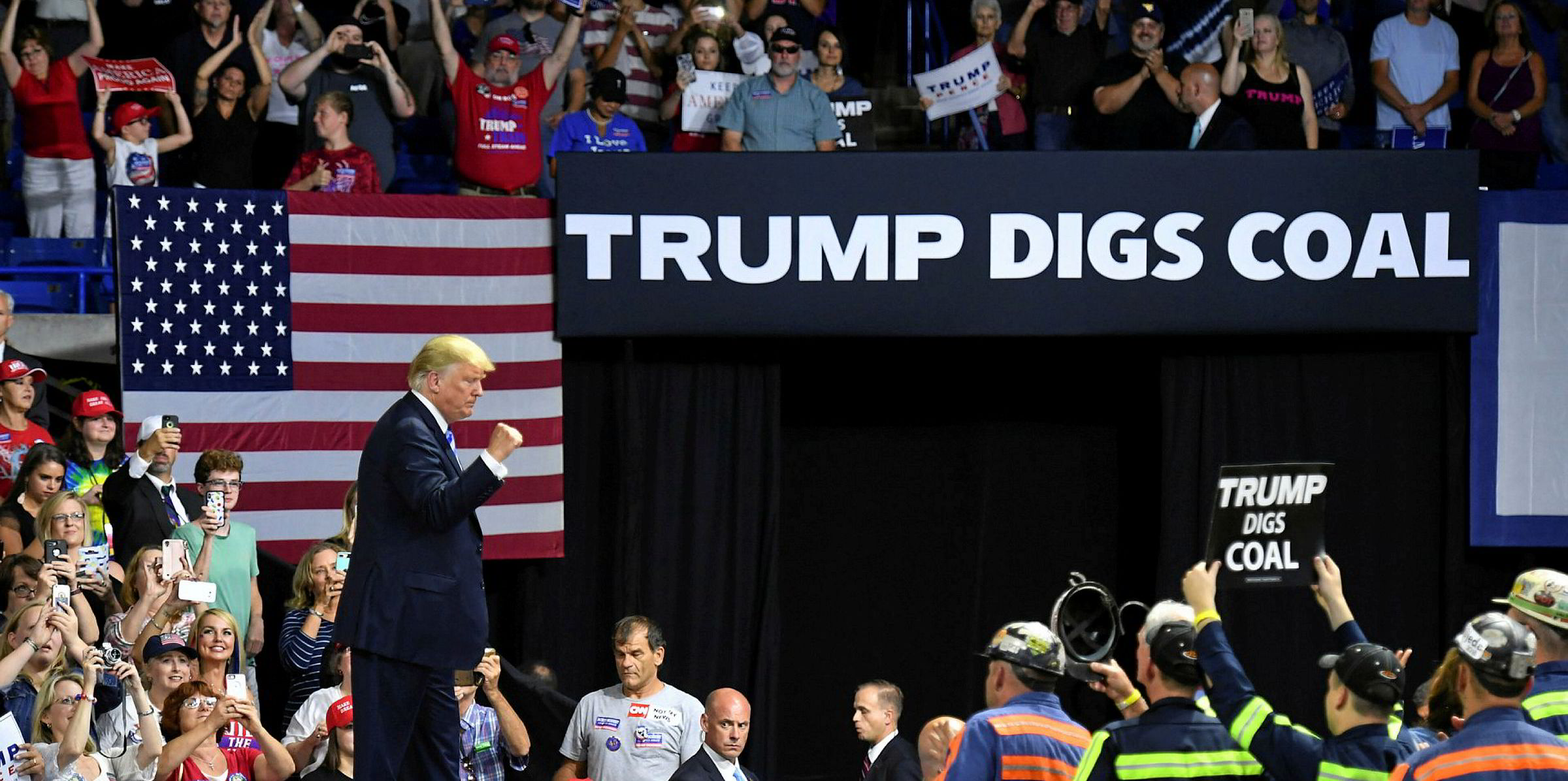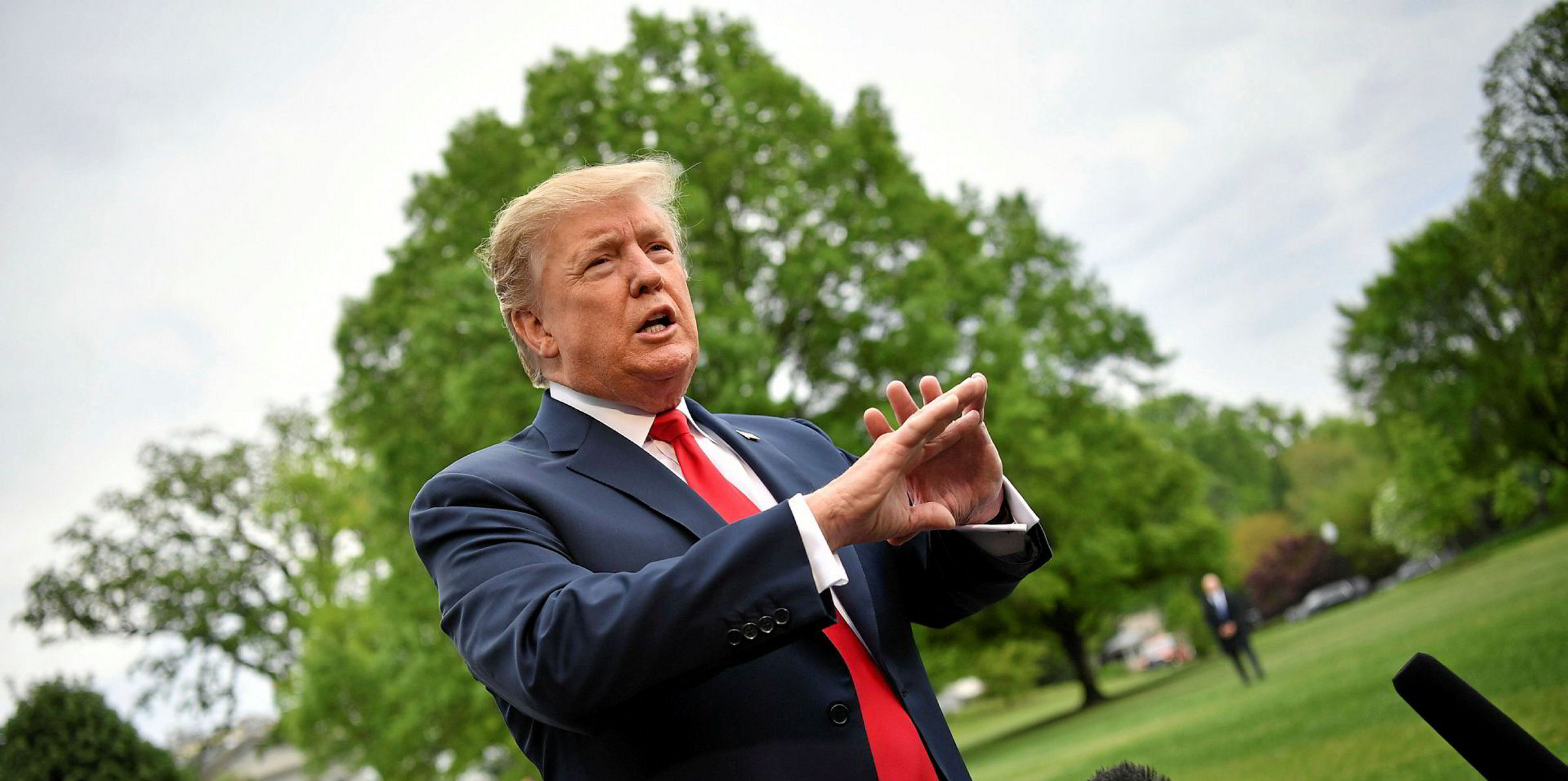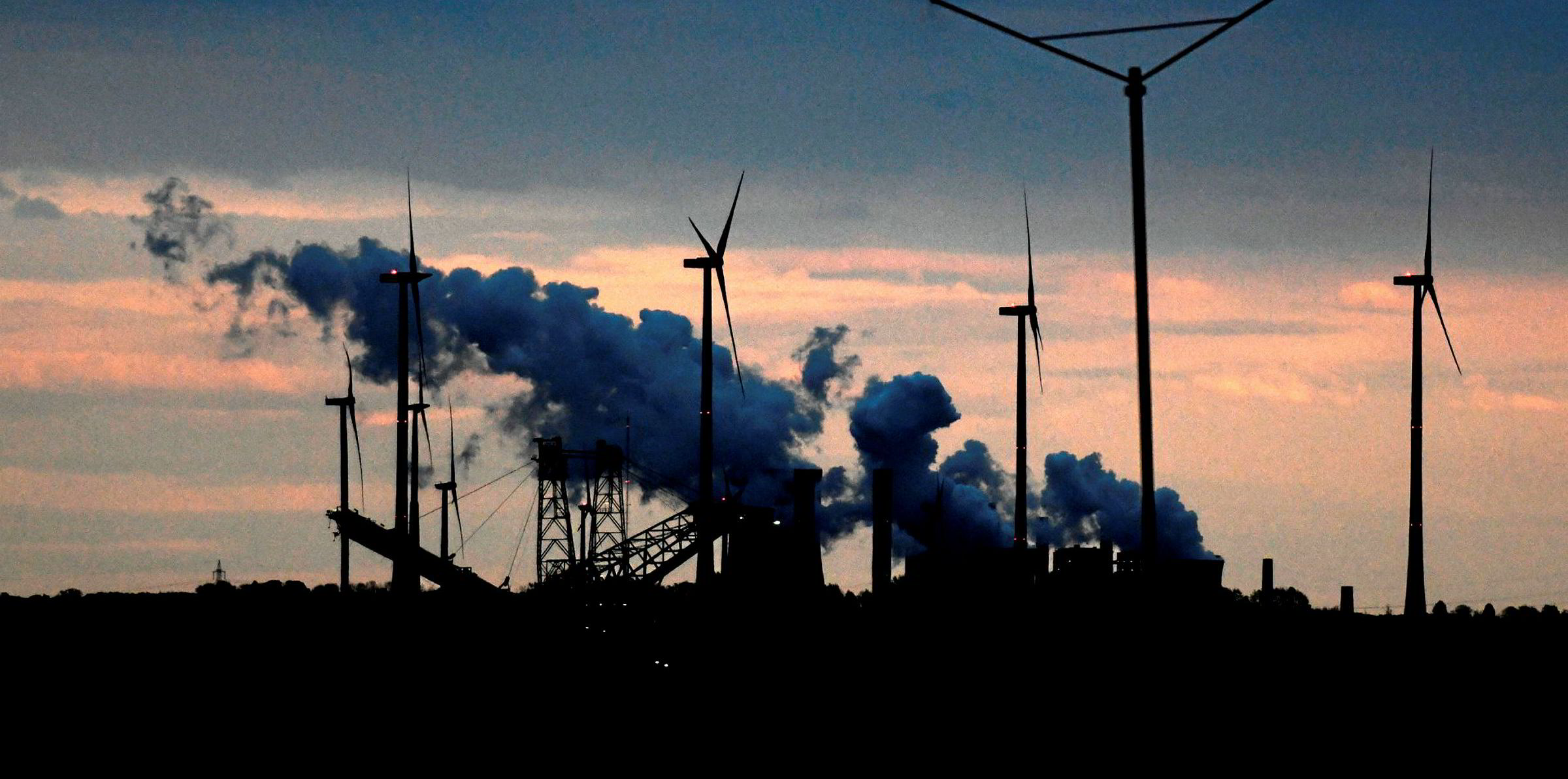The high-profile $1trn US investment campaign launched last year by the American Council on Renewable Energy (Acore) is on course to meet its ambitious 2030 objective – but fighting headwinds created by a lack of clear, long-term federal policy drivers under President Donald Trump.
A mid-term ‘report card’ released today at the REFF Wall Street conference in New York City revealed that the private sector had invested almost $57bn in domestic renewable energy projects last year, some 5% of Acore’s target figure.
“Despite trade tensions, flat national electricity demand, and a challenging political climate, the private sector invested approximately $57bn in renewable energy and enabling grid technologies in 2018,” said Acore CEO Gregory Wetstone. “Renewable energy remains one of the most attractive investment options in America today.
“Over the long-term, however, the renewable sector is going to need predictable policy drivers, competitive power markets and a modernised grid to meet its potential and answer Americans’ growing calls for a clean energy economy.”
The $1T 2030: The American Renewable Investment Goal progress report nonetheless augers well for the future of renewables with investors’ confidence in sector growth over the next three years “high” with 77/100 of the respondents polled. Other key findings included:
- Most 2019 survey respondents indicated that the US continues to be “an attractive venue” for renewables investment compared with other leading countries
- More than one-third of those polled plan to increase their investments in US renewables year-on-year by more than 10% in 2019
- Utility-scale solar and energy storage tied as the “most attractive” renewable energy investment options between 2019-2022, with onshore wind second
- Renewable energy assets were “maintaining their attractiveness” compared with other asset classes in respondents’ portfolios.
“The new report found high near-term confidence for renewable energy growth over the next three years and a strong appetite for increased investment,” said Wetstone.
The Acore report points to “important progress” made since the $1trn 2030 campaign was launched in 2018, highlighting the “adoption of ambitious renewable portfolio standards in multiple states”.
It also notes a number of recent federal-levels legislative proposals that could have “important impacts” on the sector in the near-term, including “a bill for a new tax credit for energy storage, new national renewable energy standards, a federal price on carbon emissions, and a technology-neutral tax credit for carbon-free electricity generation”.
“Looking beyond 2022, growth expectations are less certain as current federal tax credits phase out, though many in and outside of the sector are hopeful that new federal policy measures to reduce greenhouse gas emissions will be enacted to provide continued momentum for increased renewable power,” said Wetstone.
Acore has set out three near-term priorities to accelerate the $1trn initiative: fast-tracking energy-storage deployment via a federal incentive; modernising power markets around renewable energy production for “flexibility, competition, reliability and resilience”; and widening the sector to bring in more investors and buyers in the commercial and industrial (C&I) marketplace.
Recharge will be reporting live from REFF Wall Street.



